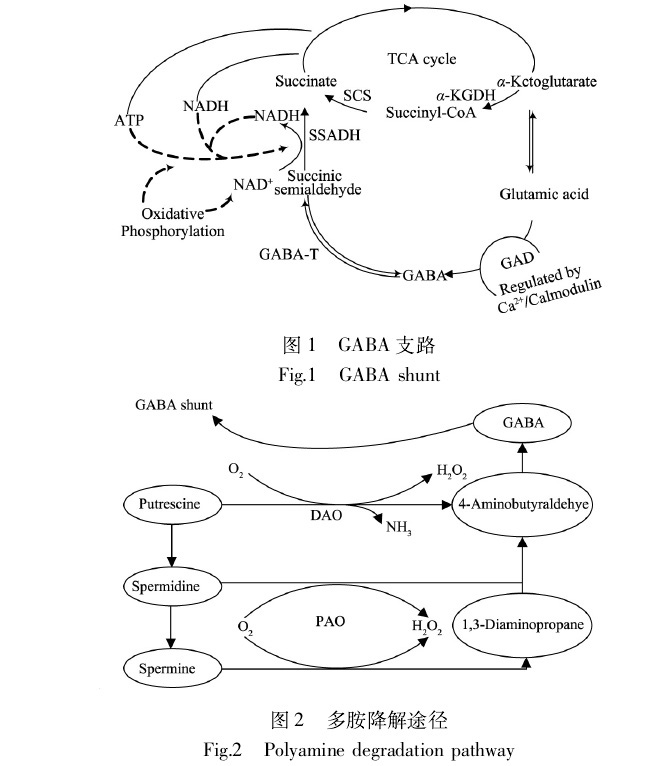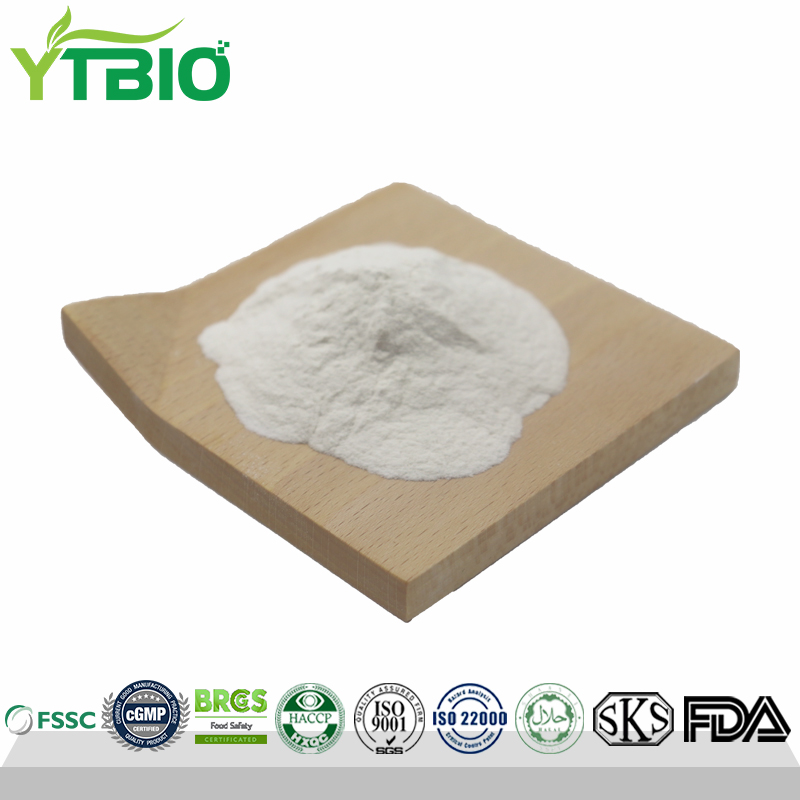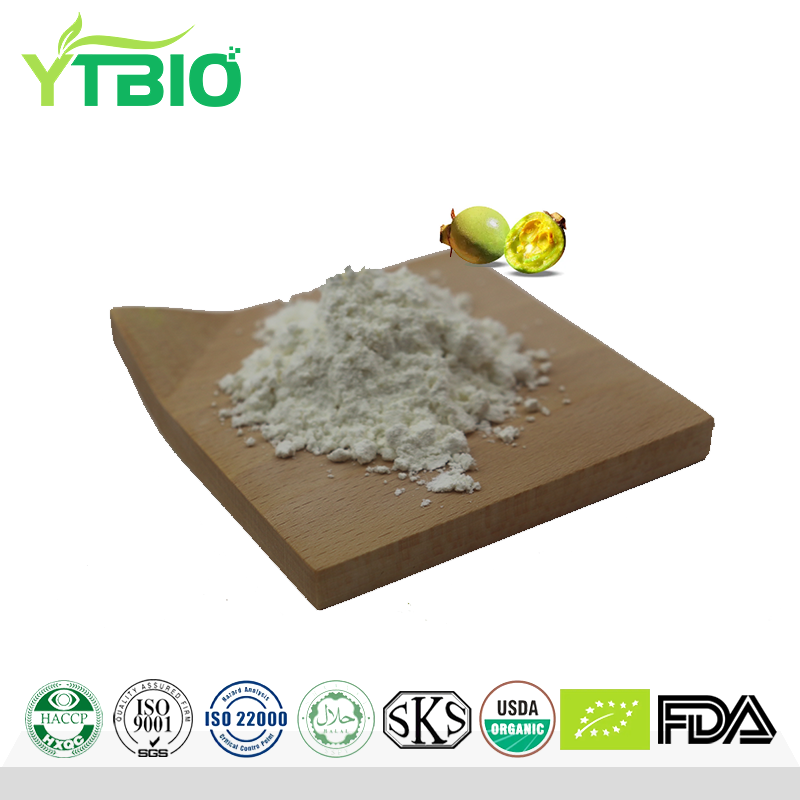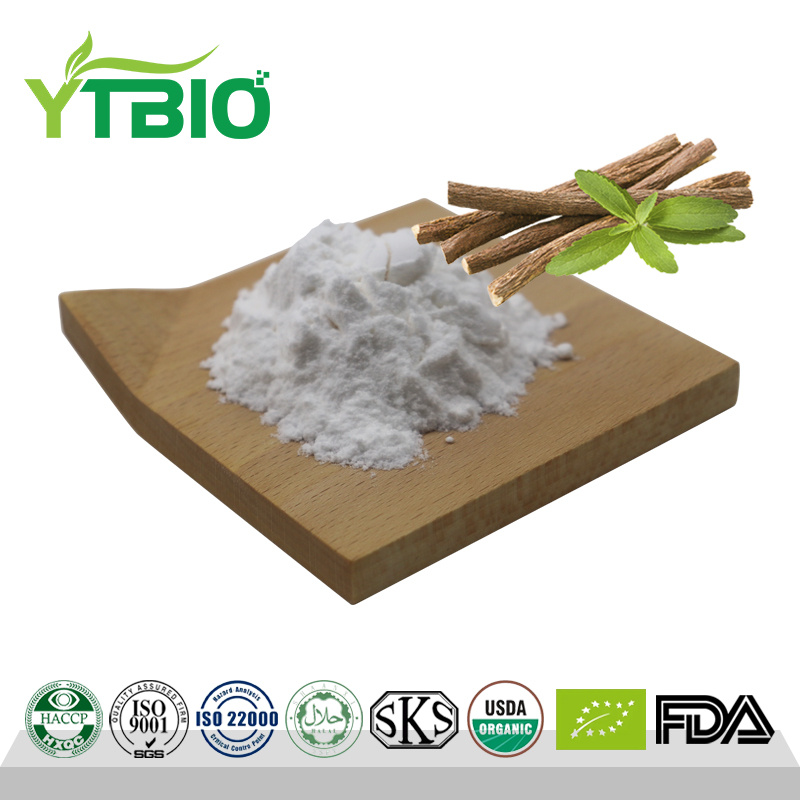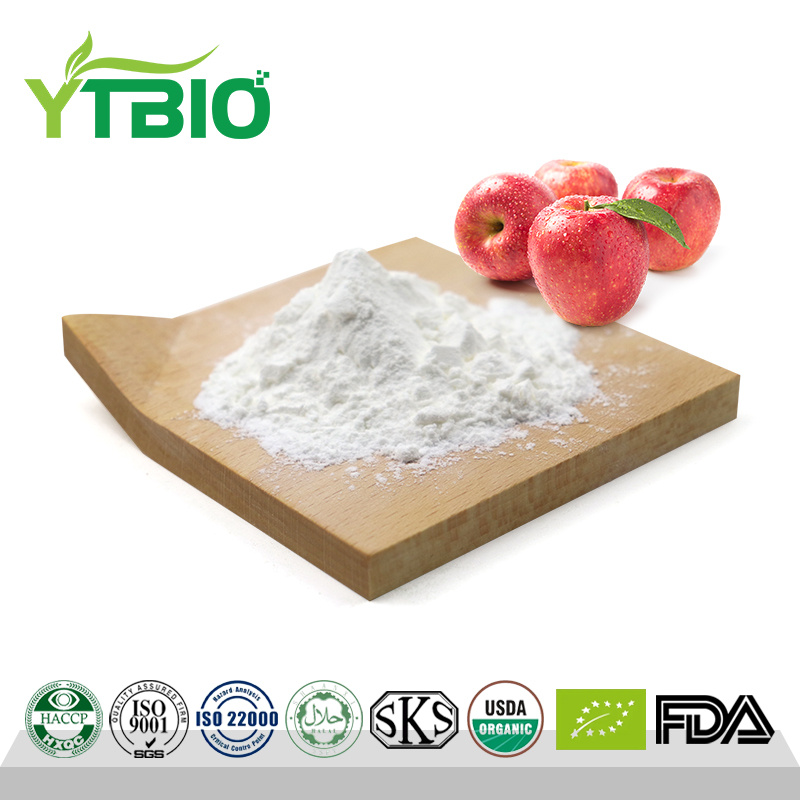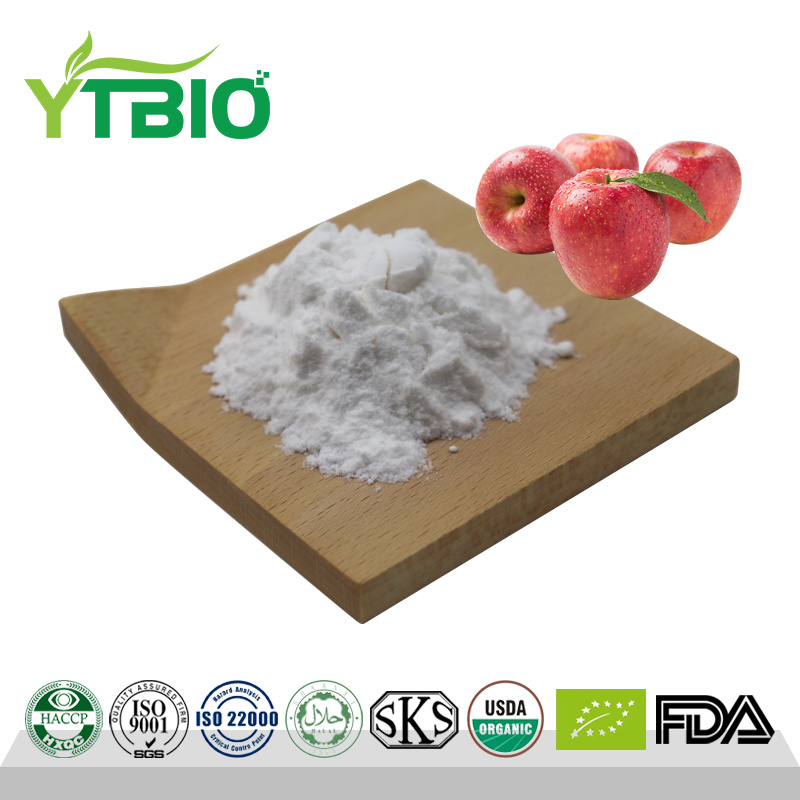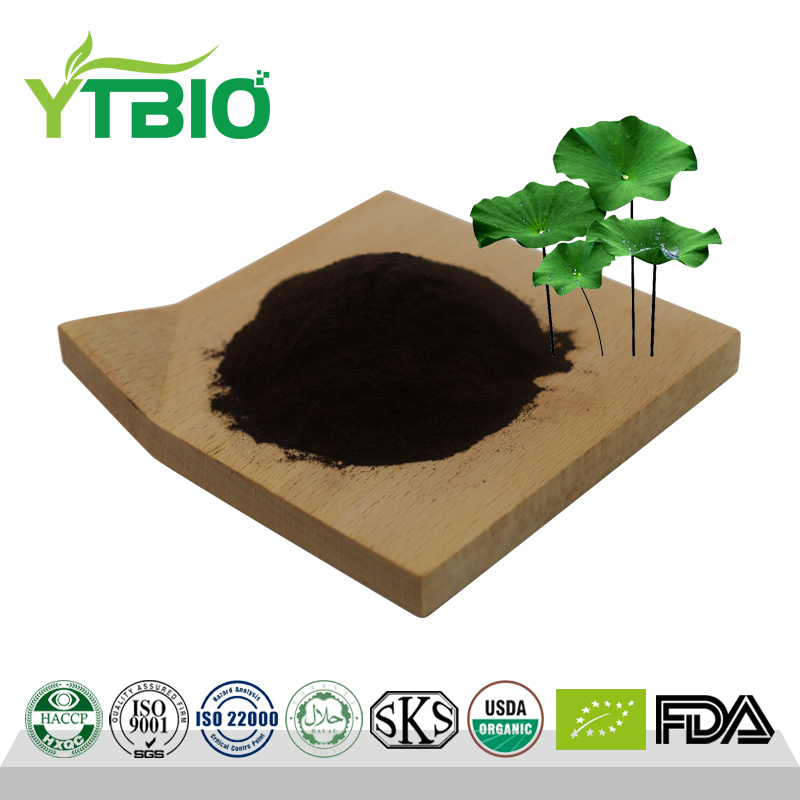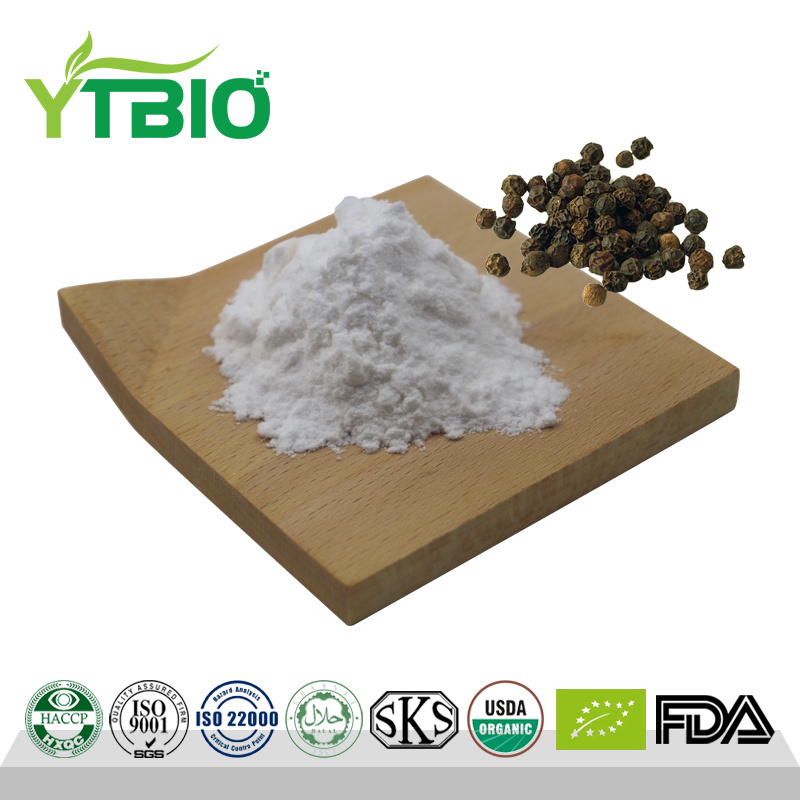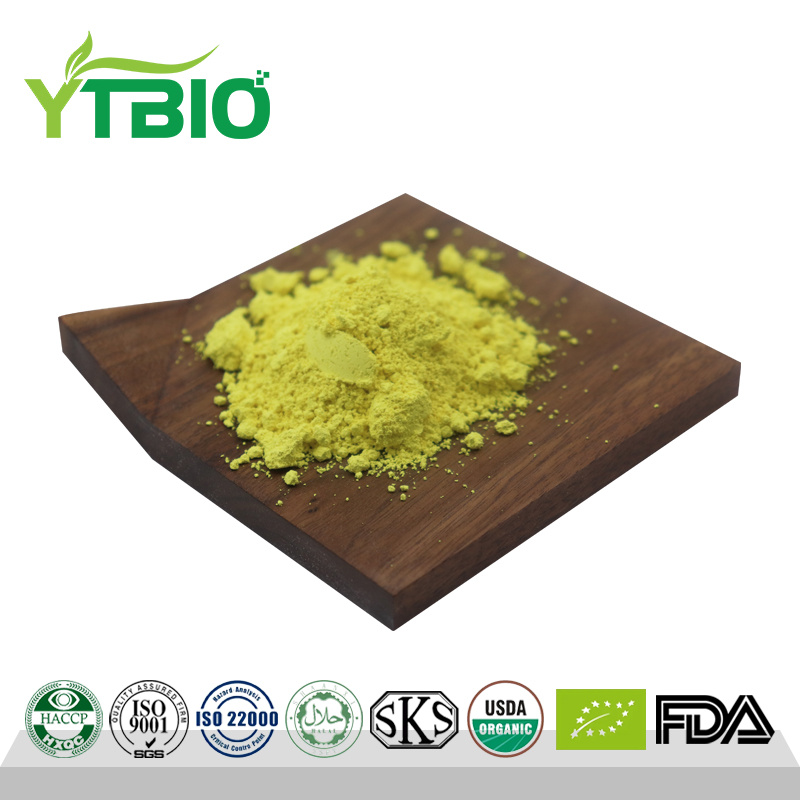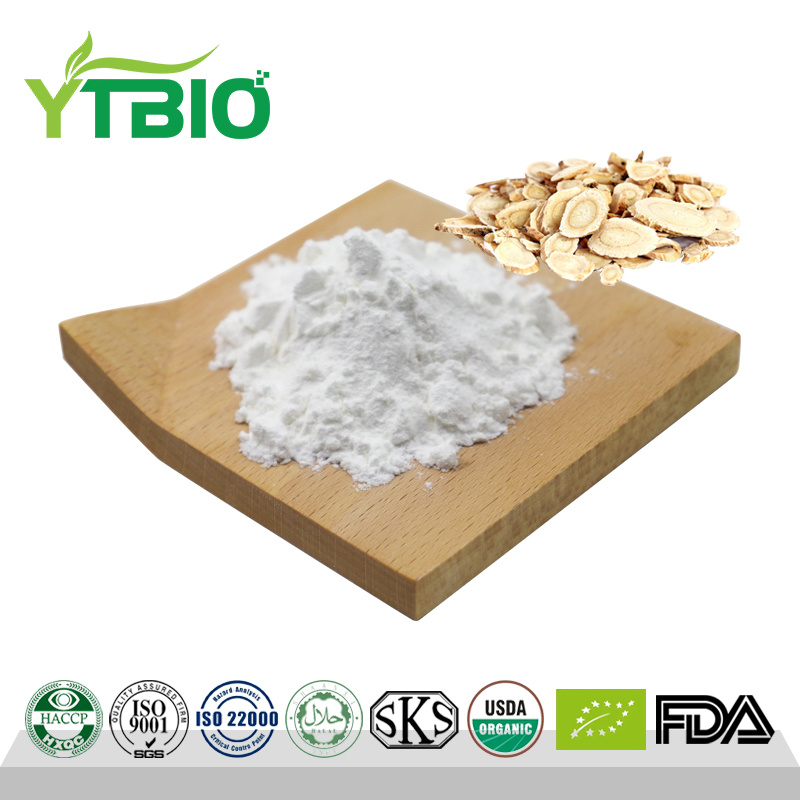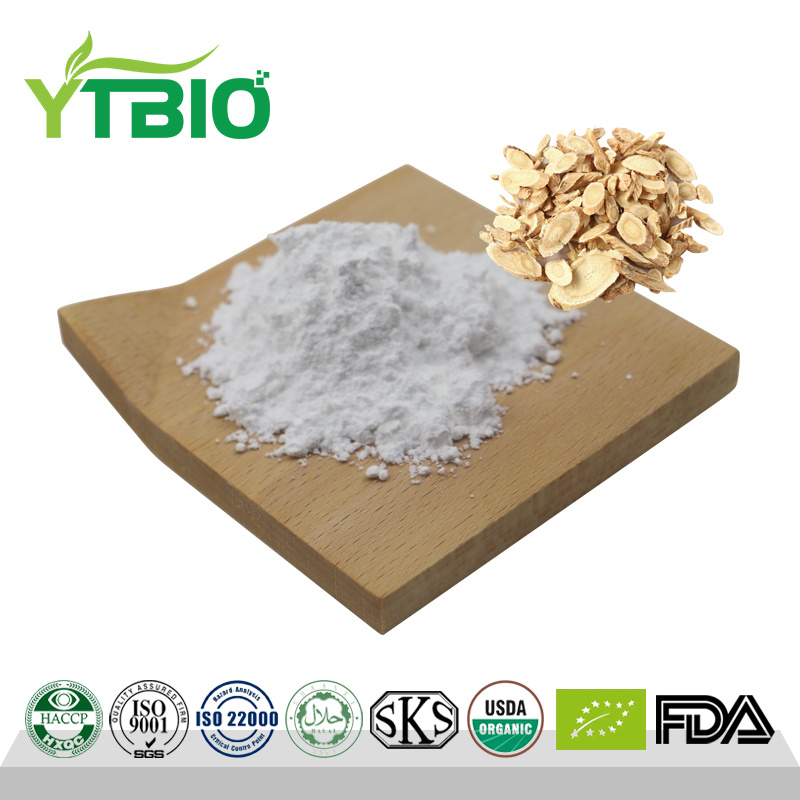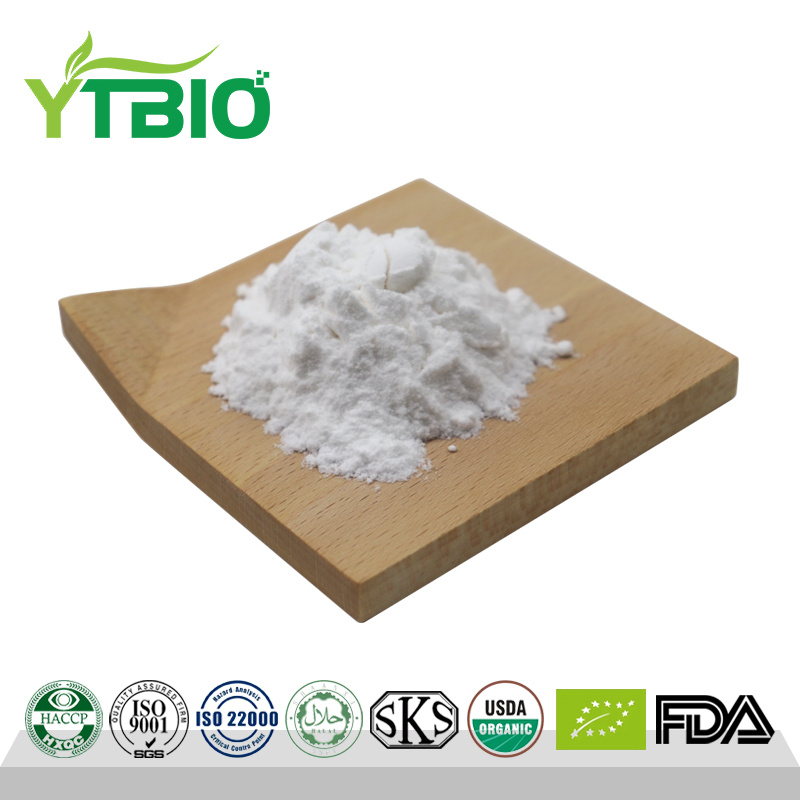98% Gamma Aminobutyric Acid Powder GABA
What is GABA?
Gamma-aminobutyric acid (GABA), with the chemical formula C₄H₉NO₂, also known as 4-aminobutyric acid, is an amino acid widely found in vertebrates, plants, and microorganisms. As an important inhibitory neurotransmitter in the central nervous system, GABA is highly water-soluble and thermally stable. It has been confirmed as a safe, small-molecule, non-protein amino acid that can be used in the production of beverages and other food products. Studies show that appropriate intake of GABA can improve sleep quality, lower blood pressure, and provide other physiological benefits.
In mammals, GABA is a key inhibitory neurotransmitter that plays a regulatory role in various bodily functions. It exerts biological effects such as anti-anxiety, anti-fatigue, analgesic, and antihypertensive actions, which may be mediated by different subtypes of GABA receptors. There are three main subtypes of GABA receptors: GABAA, GABAB, and GABAC receptors. These receptors play crucial roles in neurotransmission and physiological regulation, further emphasizing the importance of GABA in maintaining the health of the nervous system and overall physiological balance.
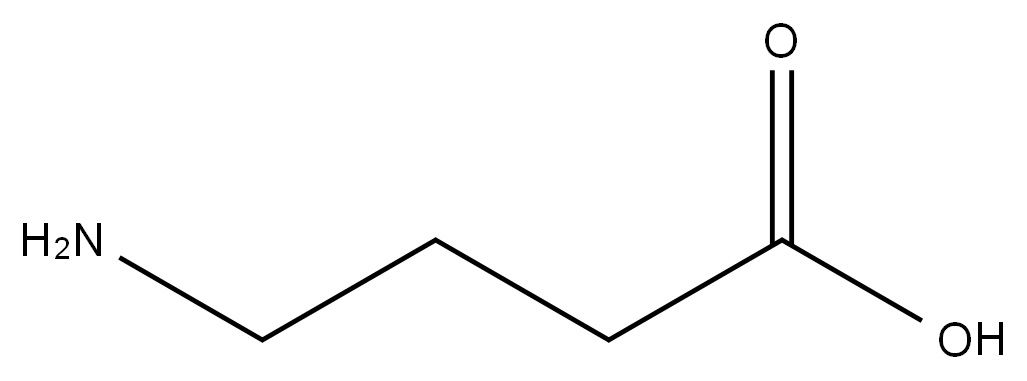
Gamma-aminobutyric acid (GABA), as an important inhibitory neurotransmitter, has various physiological functions and significant benefits for human health. The following are its main benefits:
1. Improves Sleep GABA can inhibit the central nervous system, having a calming and sedative effect that helps achieve high-quality sleep. Research shows that GABA levels in the brain significantly increase during sleep. The higher the levels, the better the sleep duration and quality. Additionally, GABA promotes the secretion of growth hormones during sleep.
2. Promotes Growth Hormone Secretion Clinical studies confirm that GABA stimulates the pituitary gland to increase the secretion of growth hormones. This effect is beneficial not only for children with growth hormone deficiencies due to pituitary dysfunction but also for normal children to promote height growth.
3. Sedative, Antidepressant, and Anti-Anxiety As an important inhibitory neurotransmitter in the central nervous system, GABA can reduce neuronal activity and prevent excessive neuronal excitation. It binds to brain receptors associated with anxiety and activates them, working together with other substances to block anxiety signals from reaching the brain's command center, thereby exerting sedative, antidepressant, and anti-anxiety effects.
4. Promotes Brain Activation GABA participates in the citric acid cycle in the brain, promoting brain cell metabolism. It also enhances the activity of glucose-6-phosphatase in glucose metabolism, increases acetylcholine production, dilates blood vessels, increases blood flow, and reduces blood ammonia, thus improving cerebral blood circulation and restoring brain cell function.
5. Calms and Enhances Brain Vitality As an inhibitory neurotransmitter in the central nervous system, GABA promotes blood vessel dilation and improves brain blood circulation, increasing oxygen supply to help calm the mind and aid sleep. At the same time, it effectively restores brain cell function and enhances brain vitality.
6. Lowers Blood Pressure GABA promotes blood vessel dilation, increases blood flow and oxygen supply, thereby helping to lower blood pressure. Studies show that one of the antihypertensive components in red yeast is GABA, and effective antihypertensive components in traditional Chinese medicine, such as Astragalus, are also related to it.
Summary
GABA, through its multiple physiological functions, plays a key role in improving sleep, promoting growth hormone secretion, providing sedative and anti-anxiety effects, activating brain functions, and lowering blood pressure. These benefits make it widely applicable in the food, health supplements, and medical fields.
Additive dosage
The European Food Safety Authority (EFSA) permits the addition of GABA to food and sets the upper limit for daily dietary intake at 550mg/d. However, its main functional characteristics still need to be validated through rigorous population trials.
The U.S. Food and Drug Administration (FDA) has deemed GABA safe for inclusion in food based on toxicological test results, with approved applications including beverages, coffee, tea, and chewing gum. However, GABA is not allowed in infant food, meat products, or meat-containing products.
In China, the Ministry of Health's Notice No. 12, issued in 2009, specifies that the daily intake of GABA should not exceed 500mg. The allowed range of use includes beverages, cocoa products, chocolates and drinks, candies, baked goods, and puffed foods. Similar to other regulations, GABA is also prohibited in infant foods.

Metabolic pathways in plants
There are two GABA synthesis and conversion pathways in plants: one is the synthesis of GABA from glutamic acid decarboxylation catalyzed by glutamic acid decarboxylase (GAD), called the GABA shunt; the other is the conversion of polyamine degradation products to form GABA, called the polyamine degradation pathway.
